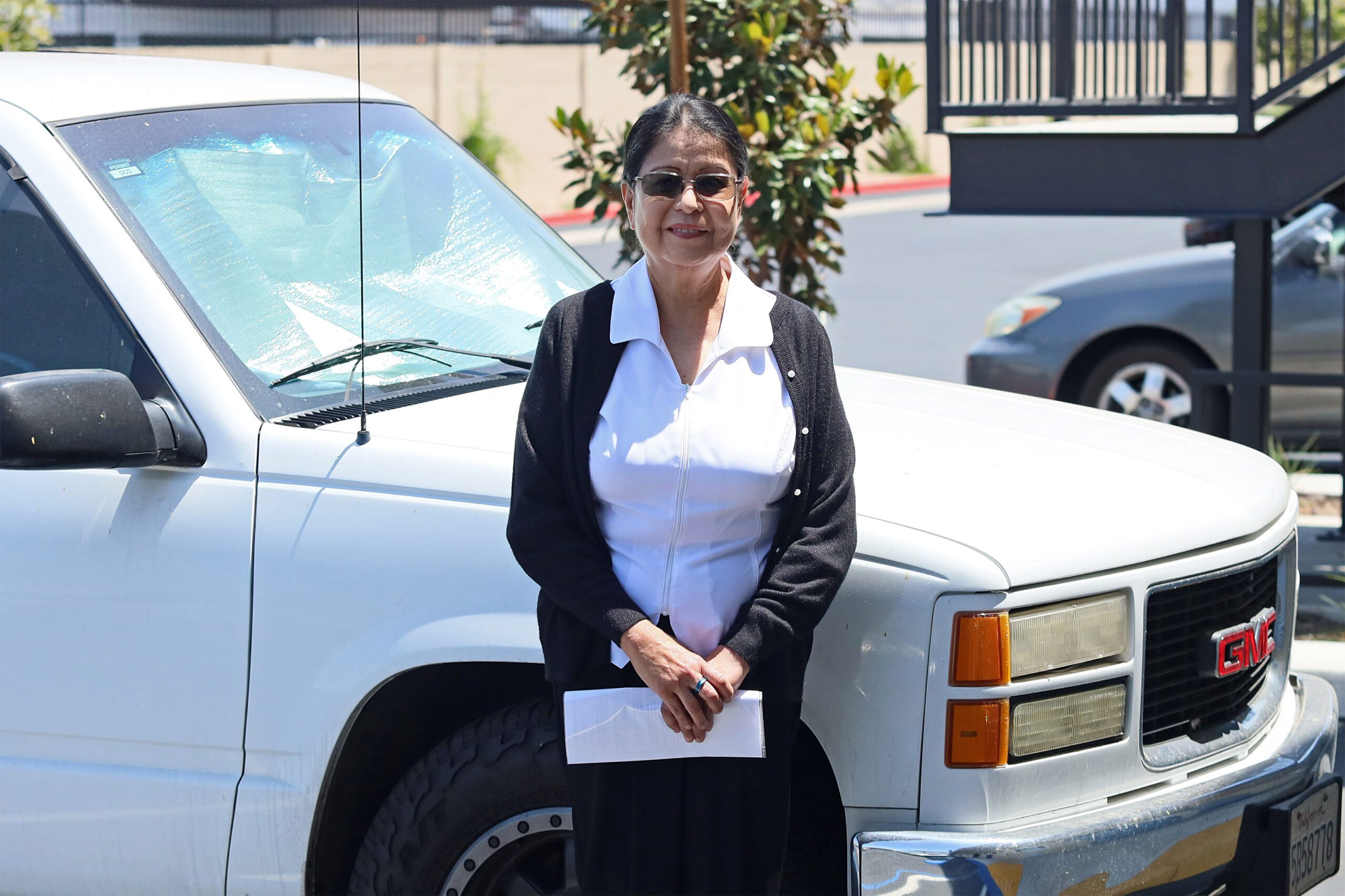CANNABIS CULTURE – “It’s increasingly now becoming quite a dangerous industry to be in right,” says Zizipho Manate, a bankrupted farmer. “Some shady characters are realizing that to steal ripe cannabis and cannabis processed products is a bigger quick gain than the pain-in-the-butt of waiting for licenses, growing, harvesting, inspections, paying taxes.”
When in February 2021 Lesotho’s army intercepted 56 bags of premium medical cannabis destined for the South, Deon Maluleke’s suspicions were confirmed.
“Tax dodging by licensed medical cannabis producers in our neighbor Lesotho. Nothing else,” says Deon, a retired financial-crimes forensics detective of the South African police services who now advises the country’s cannabis startups on securing high-value premises.
South Africa’s commercial crime players and robbers who have gained global notoriety for other offenses are widening their focus on cannabis and its associated manufactured products.
“It’s everything THC harvest, imported CBD oil, hemp-seed oil. We now joke that soon specially treated cannabis soil will be stolen,” says Deon whose day-to-day work involves hand holding startups on how to put RFID chip readers on the leaves of plants growing expensive greenhouses to deter thieves.
Cannabis arbitrage
For observers like Deon, apart from robberies, the most fascinating cannabis crime now targeting South Africa’s cannabis market emanates from Lesotho, the independent country and kingdom that is surrounded by South Africa. This involves premium cannabis grown in Lesotho by bona fide, licensed producers and getting smuggled to South Africa for sale on the lucrative black market for medical cannabis. “Painless, easy, undetected, it’s the holy grail of cannabis crime,” says Deon.
There’s good money to be made, says Warrant Officer Tau Mogaung, a spokesperson in the Lesotho military police unit with cracking down on cannabis smuggling along the country’s 1115 km long border with South Africa, much of it which is unsecured.
“Our tip-offs tell us that the schemes are lucrative. A kilogram of cannabis here in Lesotho sells for $7 a gram with 25% going to tax. Over the border in South Africa, smuggled, it fetches $13 with zero tax paid,” reveals Warrant Officer Tau Mogaung.
Lesotho has more liberal cannabis laws than nearby South Africa and the rest of the African continent. In 2018, it made history when it became the first nation in Africa to dole out licenses for the farming of cannabis for medicinal use. Since then, a troop of foreign corporations including Canadian ones like Supreme Cannabis Co., Canopy Growth and Aphria Inc have set roots in Lesotho and invested tens of millions of dollars to into facilities to take advantage of the lower costs of doing business.
The Lesotho government hopes that by funneling plantations into legal cultivation, the country will become a significant player in the booming global medical cannabis market and thus widen Lesotho’s tax earnings, create jobs, earn money for roads, hospitals, new cities and lessen the country overdependence on exporting diamonds, water and wool. This does not in any way suggest that Supreme Cannabis Co and Canopy Growth and Aphria Inc are involved in cannabis smuggling in Lesotho.
False labels
On reaching South Africa, premium cannabis smuggled from Lesotho has two options to excel.
The first option is for sellers to repackage and re-label it as “South African-grown”, and export overseas says Nadine Bwalya, a security consultant for the Indoor Cannabis Farmers Alliance of Johannesburg in South Africa’s biggest commercial city.
“It’s the ultimate sophisticated scam,” says Nadine.
The second option is for some dishonest licensed medical cannabis firms in South Africa to process the smuggled cannabis into soothing better: CBD creams, oils, specialty puffs, etc. and hawk them for even higher prices to unsuspecting domestic medical cannabis buyers.
“If there are hundreds of unlicensed cannabis greenhouse across South Africa you can bet your last dollar there are probably dozens of trial-by-error labs,” he adds.
Cannabis workers do self-help
South Africa probably has Africa’s biggest unlicensed cannabis market. Unlicensed sales of processed oils, creams, and edibles are especially booming in the $1.9bn worthof domestic cannabis market says Zizipho Manate, one of the pioneer Black South Africans to run a cultivation greenhouse and employ 5 workers when legalization came in 2018.
“This creates a lavish chance for criminals,” says who used to own asmall greenhouse facilityuntil theft and bad bank loans sunk his endeavors in June 2021.
“I employed 5 folks, cultivators, pickers, and graders at my greenhouse. At first, they were honest workers until my plants started to vanish near harvest,” he says.
It was on interrogating that he realized the $200 salary he was offering his workers was a pittance compared to the $6 per gram that his workers could net by stealing portions of his harvest and selling to other licensed and unlicensed.
“My private investigations showed that some big licensed medicinal cannabis players, the ones praise in your newspaper articles, were encouraging my employees from small growers like me to steal portions of the harvest for sale to them. It crushed my heart,” he says.
This alleged angle to cannabis crimes fits right into the pattern of cannabis thefts and robberies that are soaring in South Africa. Last week Cannabis Culture reported that processed cannabis is the prime commodity for a sophisticated network of South African cargo thieves. Theft of raw cannabis and processed CBD oil has become common.Cannabis is one of the products highly sought after by hijackers and thieves work around ports in South Africa to study shipping activities, revealed Hollard Marine Insurance South Africa, the country’s largest insurer of sea-borne trade.
Buyers’ paradise
But inside South Africa itself, cannabis robberies, thefts, and illicit market resales are not the same just as incomes vary widely between the country’s 9 provinces. “The most lucrative market for medical cannabis stolen and smuggled from elsewhere in South Africa is the Western Cape province which is rich and affluent,” explains Deon Maluleke, the retired financial-crimes forensics detective
The Western Capecolloquially called South Africa’s “whitest province” has the country’s fastest rising standards of life and income. In contrast, the nearby Eastern Cape and KwaZulu Natal provinces of South Africa, less rich, arehost to 900 000 cannabis growers of all shapes, the largest cultivation base in the country. In Durban, KwaZulu Natal, which hosts South Africa’s largest port, Cannabis Culture reported that inadequate security at Durban Port, South Africa’s largest, is emboldening thieves to plant their informants inside legitimate port operations. Informants then feed information on which truck is carrying precious imported cannabis products out of the port to armed hijackers who lie on extensive highways that crisscross South Africa.
“That’s the triangle of South Africa’s domestic cannabis robberies, smuggling, thefts playout: stolen from other provinces brought to the affluent Western Cape where medicinal products of cannabis fetch a premium price,” Deon says.
The movement of stolen cannabis landing in the affluent Western Cape province of South Africa is so frenetic that not a month goes without police making a high-value catch, intercepting trucks carrying hauls of the product, he says.
Police clueless
The soaring cannabis robberies and smuggling to avoid tax-paying is largely down to how police and courts in South Africa have little insight into how the networks operate.
“At a basic level, you need detective equipped with tax-financial analysis skills; sophisticated drones; forensic labs to detect cannabis from elsewhere falsely packaged as “South Africa grown. In South Africa, that’s a big ask,” saysNadine Bwalya, the advisor for the Indoor Cannabis Farmers Alliance of Johannesburgwho warns that robberies and false labels are looming trouble for South Africa’s licensed cannabis industry.
“First these massively cheat both South Africa and nearby Lesotho of critical tax revenue from cannabis when the product is transferred via back channels,” he says. Tax evasion in South Africa is so damaging that the country loses nearly $3.5bn a year to tax cheating.
In Lesotho, the country’s tax collection agency is deeply worried that the smuggling of cannabis harvest by licensed producers for under-the-table sale to buyers in South Africa could severely damage the prospects of Africa’s medical cannabis pace-setter.
Then apart from the physical harms facing cannabis growers when robbers pounce, falsely re-labeling cannabis risks jeopardizing South Africa’s determination to get the EU’s coveted Certificate of Good Manufacturing Practice.….
“It’s the pits,” says Zizipho Manate, the bankrupt farmer. “Imagine Germans realizing THC flower labeled “harvested in South Africa”is actually smuggled stuff from Lesotho? The penalties could be severe.”
All these harmful cannabis robberies, under-invoicing, and false labeling could have been eliminated if South Africa African Health Products Regulatory Authority was swift in licensing new small- and large-scale players and removing barriers to business. “This is what sitting on a pile of hundreds of license applications for years does.”
Original Article










